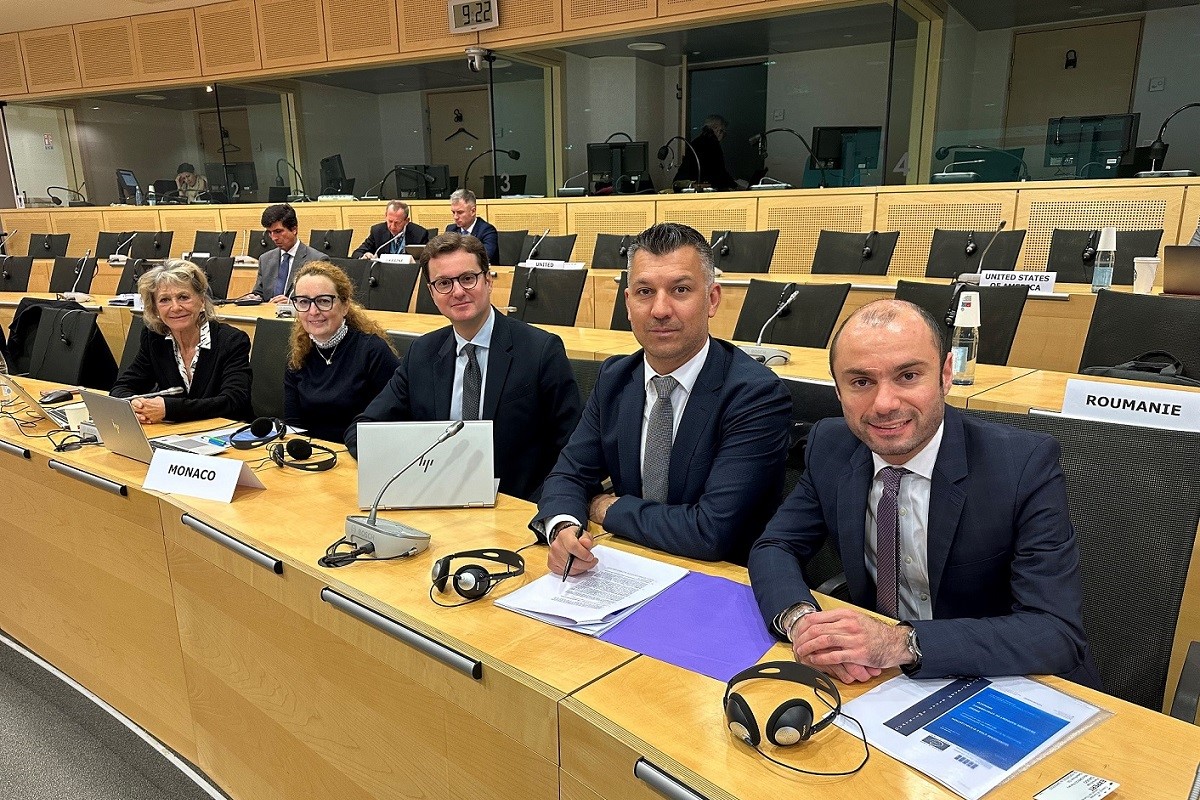The Council of Europe says “increased transparency” among the National Council and justice system in Monaco is to thank for its positive evaluation of anti-corruption efforts in the Principality.
The Group of States against Corruption (GRECO) is a body that was established in 1999 by the Council of Europe in order to monitor states’ compliance with the organisation’s high anti-corruption standards.
At a meeting in Strasbourg attended by a Monegasque delegation last week, GRECO released the results of its most recent evaluation of the preventative measures taken in Monaco against the potential corruption of its members of parliament – better known here as the National Council – as well as its judges and prosecutors.
The report concludes that the Principality has “implemented satisfactorily or dealt with satisfactorily 12 of the 16 recommendations contained in the Fourth Round Evaluation Report”. Four recommendations remain partly implemented, but the overall positive actions made by Monaco since the process began in 2016 mean that GRECO has closed the case on its investigations.
Areas considered within the evaluative report included: ethical principles and rules of conduct; conflict of interest and the enforcement of the rules regarding conflicts of interest; prohibition or restriction of certain activities; declaration of assets, income, liabilities and interests; and awareness.
“Significant progress”
The report, which will soon be made public on the official GRECO website, noted the “significant progress aimed at strengthening integrity measures” within the National Council. It also recognised the adoption of the Assembly’s Rules of Procedure and the Code of Ethics for National Councillors as well as “increased transparency of the legislative process”.
There was also a mention of Monaco’s “new law on the status of the judiciary, which strengthens the positioning of the High Council of the Judiciary as the guarantor of judicial independence”.
For its part, the government has commended the progress achieved by the National Council and its courts. In an official communiqué, the government stated that the various reforms provided further proof of Prince Albert II’s “resolute” commitment to the Council of Europe, something he has previously referred to as one of the “decisive priorities for the future of our country”.
Sign up for the Monaco Life newsletter. For the latest news, follow us on Facebook, Twitter, and Instagram.
Photo source: Monaco Communications Department
